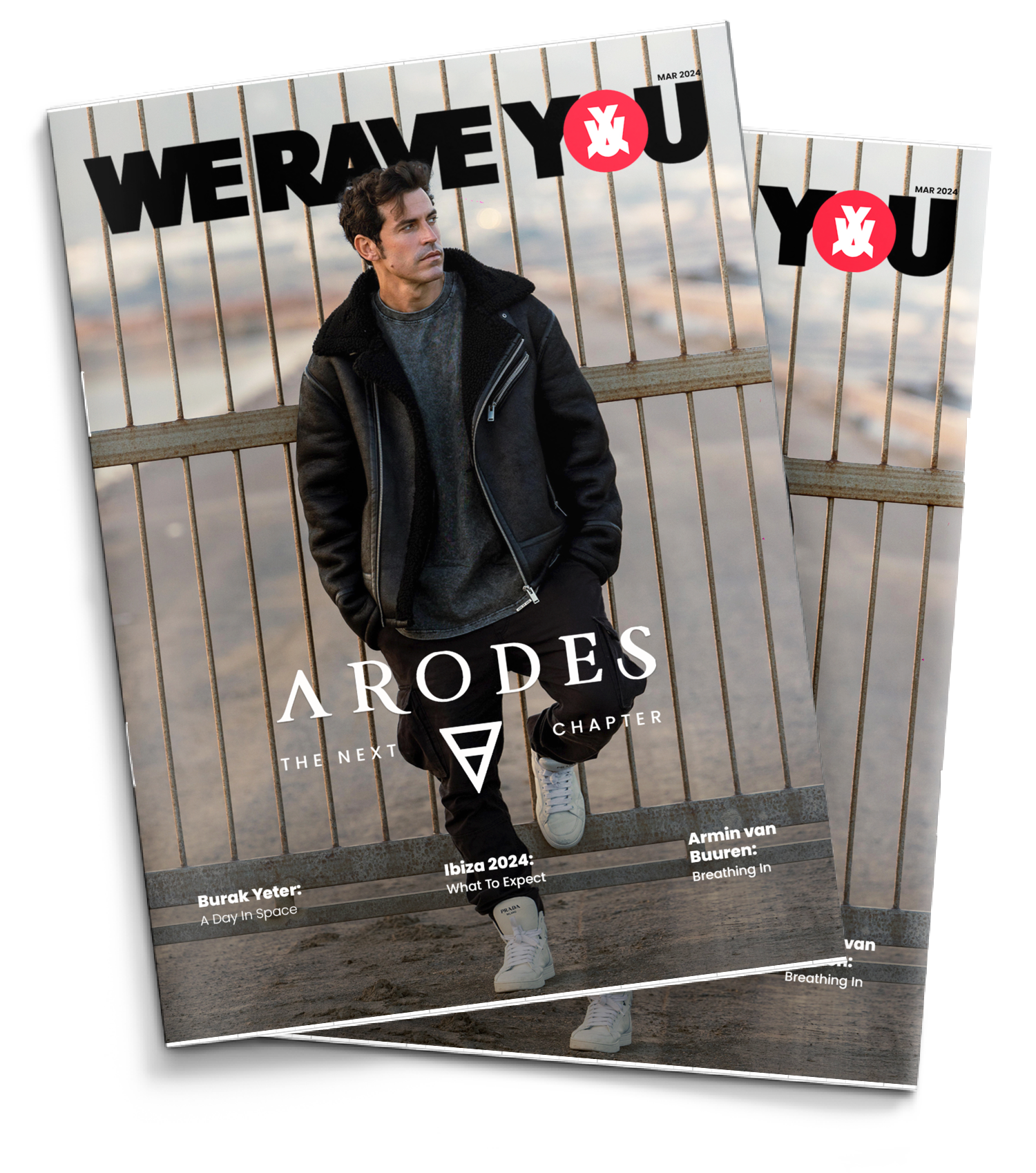

YouTube and Universal Music Group partner up to develop AI tools
The rise of artificial intelligence, or AI, has caused ripples throughout the entertainment industry as users are utilizing the technology to create deep fake content and replicate artists’ styles and performances. In order to craft better guidelines and parameters for the new technology, YouTube and Universal Music Group are coming together to create new tools to help ensure a safe and responsible path forward.
This is part of a growing trend for Universal Music Group after recently revealing a partnership with Google to help combat the rise of deep fakes on the internet. The continued growth of partnerships with YouTube signifies Universal’s commitment to facing the challenges presented by AI head-on and looking to find real-world solutions to ensure artists get fairly compensated and deep fakes are limited in scope. In order to create the proper tools and foundation for the project, YouTube CEO Neal Mohan has launched a Music AI Incubator program which features a variety of artists and industry insiders such as ABBA’s Björn Ulvaeus, producer Louis Bell, d4vd, the Frank Sinatra estate, neo-classical composer Max Richter, Don Was, Ryan Tedder, Rodney Jerkins, and Rosanne Cash to “help gather insights on generative AI experiments and research.”
In a blog post, Mohan dives deeper into the new program, laying out three main principles of focus for the team:
1. AI is here, and we will embrace it responsibly together with our music partners.
2. AI is ushering in a new age of creative expression, but it must include appropriate protections and unlock opportunities for music partners who decide to participate.
3. We’ve built an industry-leading trust and safety organization and content policies. We will scale those to meet the challenges of AI.
On the Universal side of things, CEO Sir Lucian Grainge spoke with optimism regarding the partnership and the ability of the companies to nurture and coexist in a world where the tools of AI are accessible to the public:
I recognise AI’s potential for misappropriation and misinformation,” he says. “Today’s rapid technological advancements have enabled digital manipulation, appropriation and misattribution of an artist’s name, image, likeness, voice and style – the very characteristics that differentiate them as performers with unique vision and expression. Given this tension, our challenge and opportunity as an industry is to establish effective tools, incentives and rewards – as well as rules of the road – that enable us to limit AI’s potential downside while promoting its promising upside. If we strike the right balance, I believe AI will amplify human imagination and enrich musical creativity in extraordinary new ways.
Image Credit: Esther Vargas via Flickr | License (CC BY-SA 2.0)


- Arodes cover Interview
- Armin van Buuren: Breathing In [Exclusive Interview]
- Ibiza 2024: What To Expect
- Burak Yeter: A Day In Space [Exclusive]

